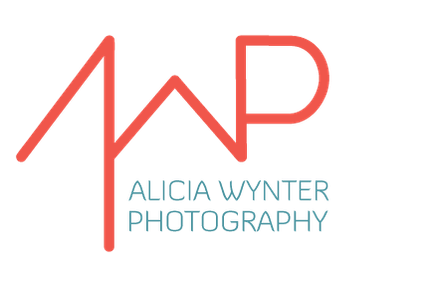Maedith Radlein
SHORT PROFILE
Name: Maedith Radlein
Place of birth: Kingston, Jamaica
Current Occupation: Retired
First black person to: First Black principal for the Waterloo Region District School Board
"I now use my voice to bring awareness and to remind people of these things, because these barriers certainly exist. I find that increasingly as a result of things like Black Lives Matter. You know, the great advocacy being done by the Indigenous peoples in Canada, Me Too movement, there's a lot more awareness that the status quo is not okay."
Did you aspire to become the first Black person to become a principal for the Waterloo Region Public School Board?
No, it was not an aspiration. It happened because I think timing, having become vice principal after a couple years I applied to the principal's pool and was successful. At that time, I was the only principal appointed. So, there was another Black VP, but she applied later than I did to become a principal.
What obstacles did you face getting to your position generally and racially?
It's hard to say, I can't say a faced any obstacles. I think when I started thinking about barriers was when I was being assigned to schools, because every year you were asked to, you know, indicate your interest in your goals. I always asked that, I put in a school that had that had, you know, a lot of ethnic diversity and so on, and I never was. I always wondered about that, why I was sent to schools where there were very few people that look like me, because once I started on the principal path, it occurred to me that the importance of my doing that lay the fact that I was a role model for students, the board had done an equity audit in 2009.
"A student said, you know, I can't be a teacher, because I'm not white."
I realized that the role modelling was really important. And despite my request to be placed in schools that you had a high percentage of racialized students I never was.
You're currently running for elected Board of Trustees. Are you facing any obstacles running for that right now?
I do a lot of volunteer work, and I use those positions as an opportunity to bring awareness. So, I use those positions to give voice to concerns I have about decision making that forget, you know that not everybody has the same life experience. Not everybody has the same life background, many cases.
It can be something as simple as economic status, a lot of what we do, and a lot of what is offered, you know, is forgetting that not everybody is able to afford certain things or has access to certain things, and I think that applies also to race. The fact that many decision makers are for the most part, Canadians, and so they assume that everybody's experience is like their experiences, which of course it's not.
When I was working as an administrator, it was common for me to go to meetings, where issues came up in schools, and we'd be talking about parents and you know, it could be a racialized parent. The administrators at the meeting would make the comment, "oh, the parent came into play the race card," no reflection in terms of what do they mean by that? And what would lead them to say something, and immediately demonized the parent for calling attention to the fact that there may have been some prejudice, bias, discrimination, racism, and not reflecting at all and practice.
I think this continues in our schools, which is one of the reasons I'm going to continue to speak up, but the importance of self-reflection, where if somebody says, this is my experience, instead of dismissing it, to say, so tell me about that, and to validate the person and to understand that your experience is not everybody's experience. So rather than dismissing and demeaning, we want to listen and to accept that there are different realities.
What did you enjoy about your position? And what did you learn?
I love the students; I had a great time with students. I had a gift, I was able to remember names, so I knew my students’ names. I learned about them, and I enjoyed the students. I enjoyed the parents that I got to know in terms of their child's learning, but also you know that their children have lives outside of school and you become a part of that.
I think teaching is a wonderful profession, you have young lives that you have the privilege of being a part of and children are just delightful. They have no hang ups, they have no agendas. They see what they think, they are what they are, and I think it was a real privilege not only to teach, but to teach in the public system because it keeps you humble. It makes you realize that you live in your bubble, you are middle class or whatever bubble you live in, and there is a world outside that bubble that thinks may think differently, lives differently, has different values, an extremely enriching experience, and a real privilege to be there.
So, I learned a lot I learned about people I learned about cultures I learned that, you know, we need to respect each other.
"In a public school, there is every religion, every culture, every language, and you realize that we are people, we are all the same, there is no other. Because we are the same, and so that was a great learning. I had fun."

